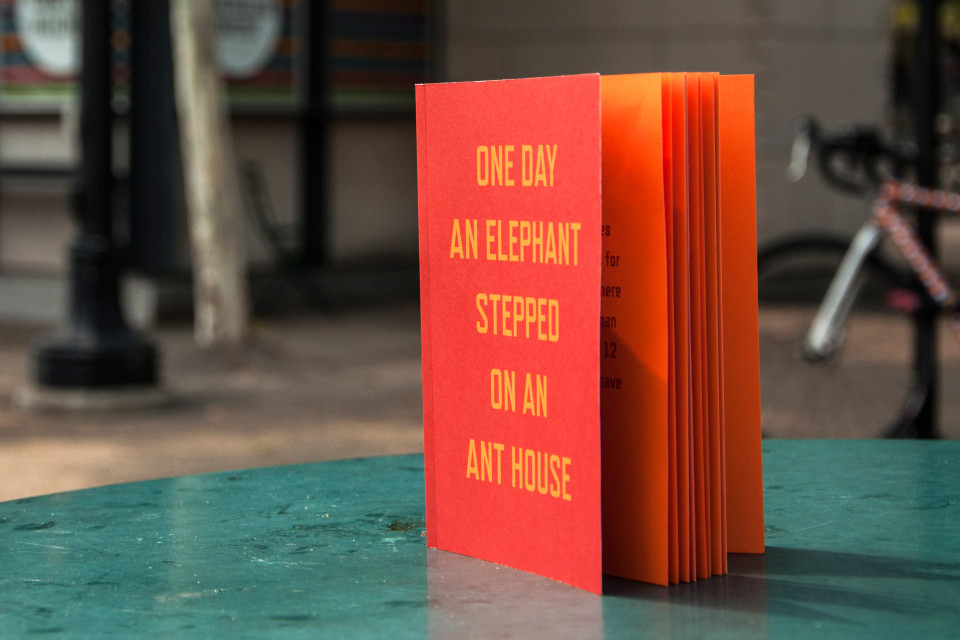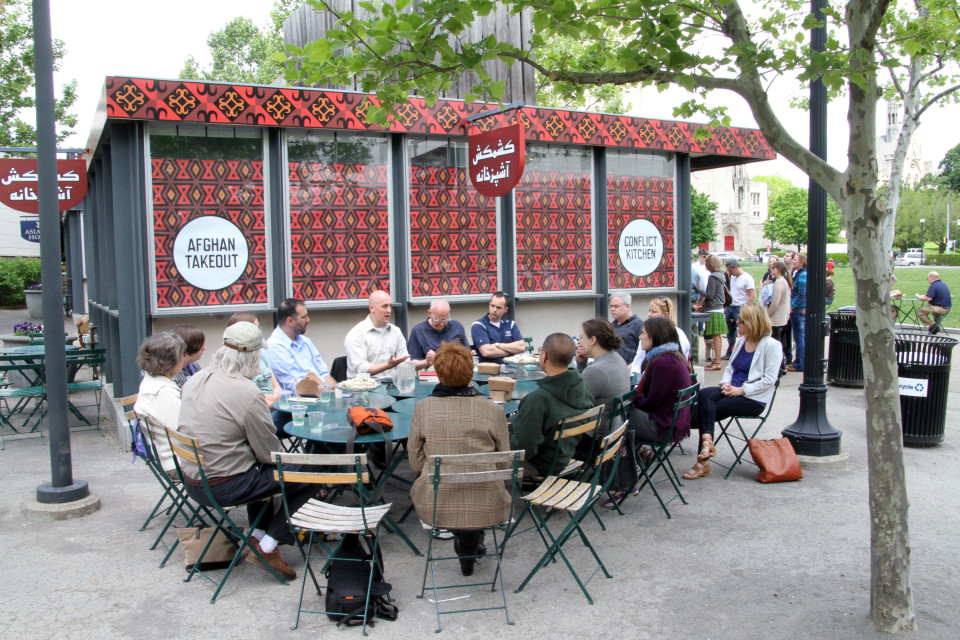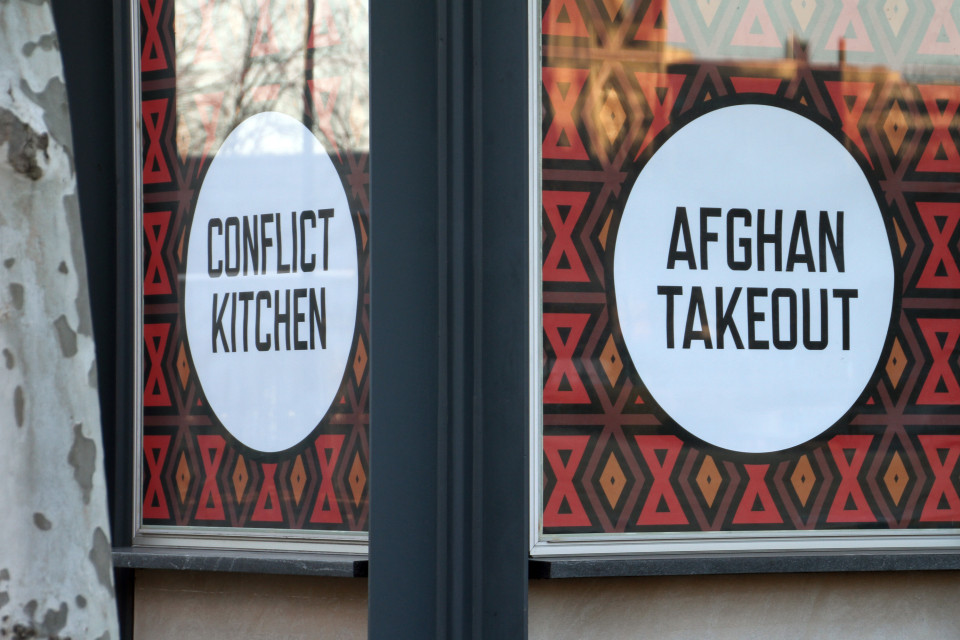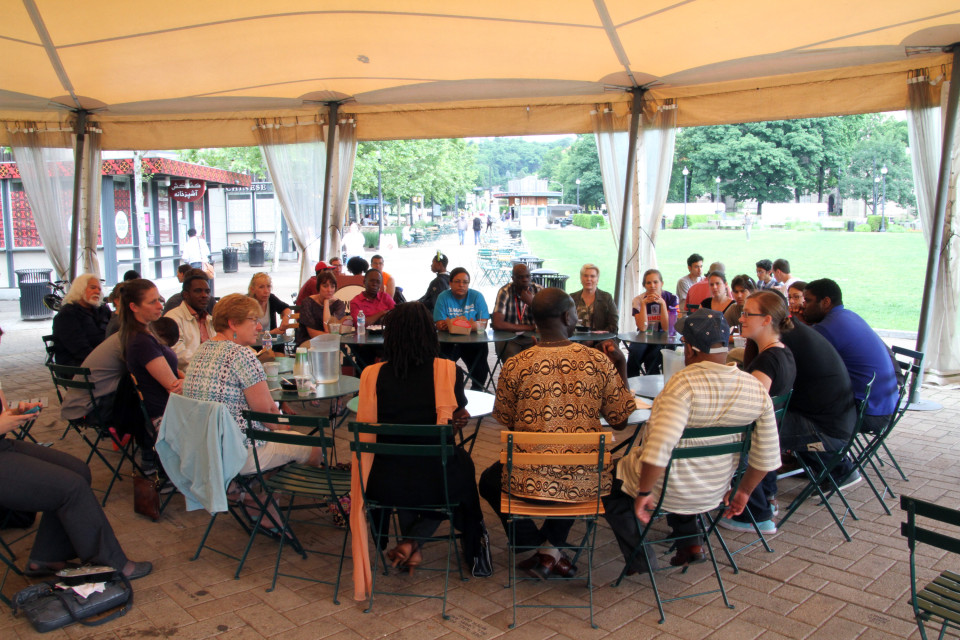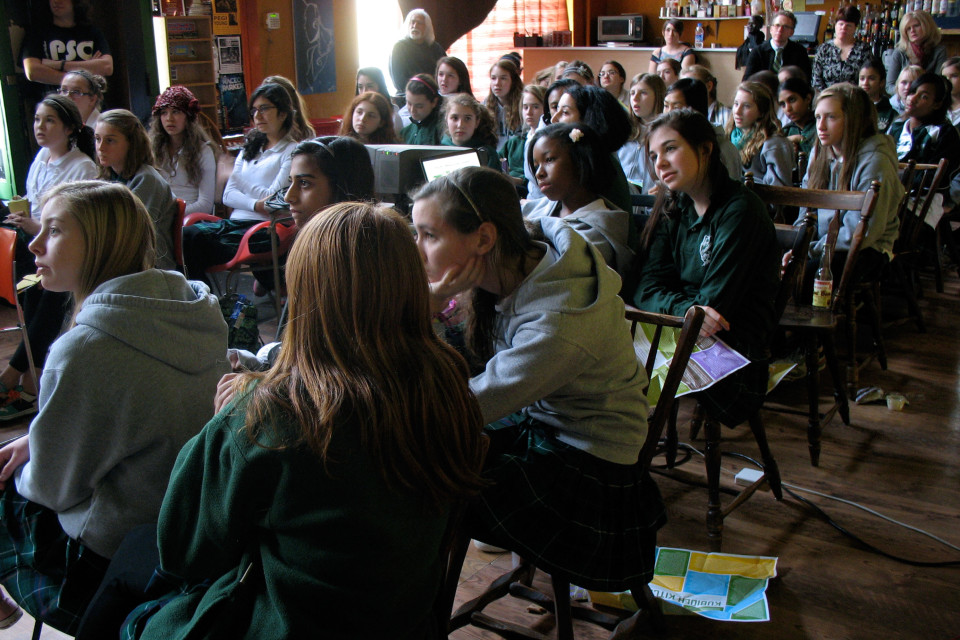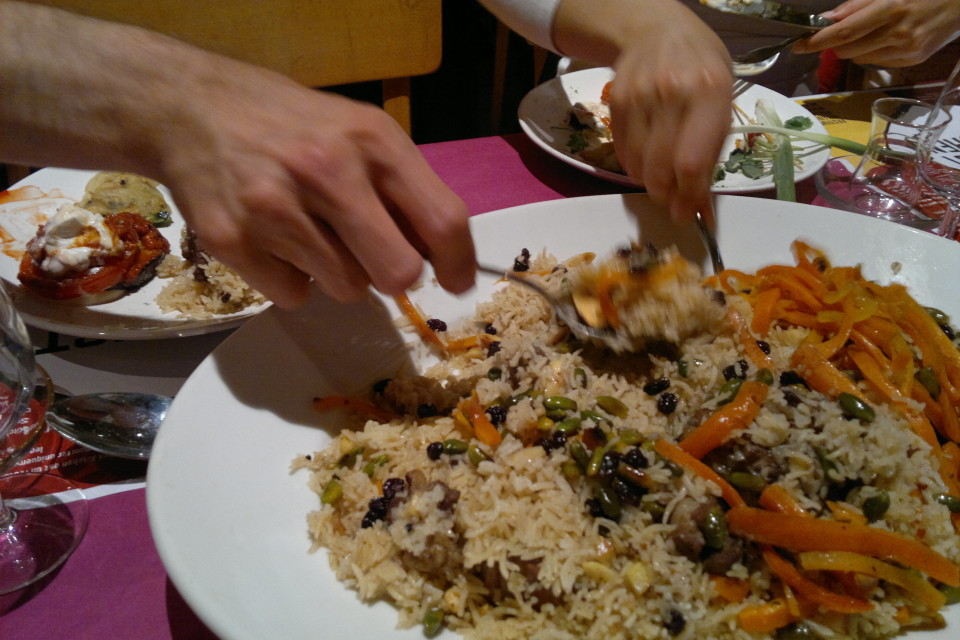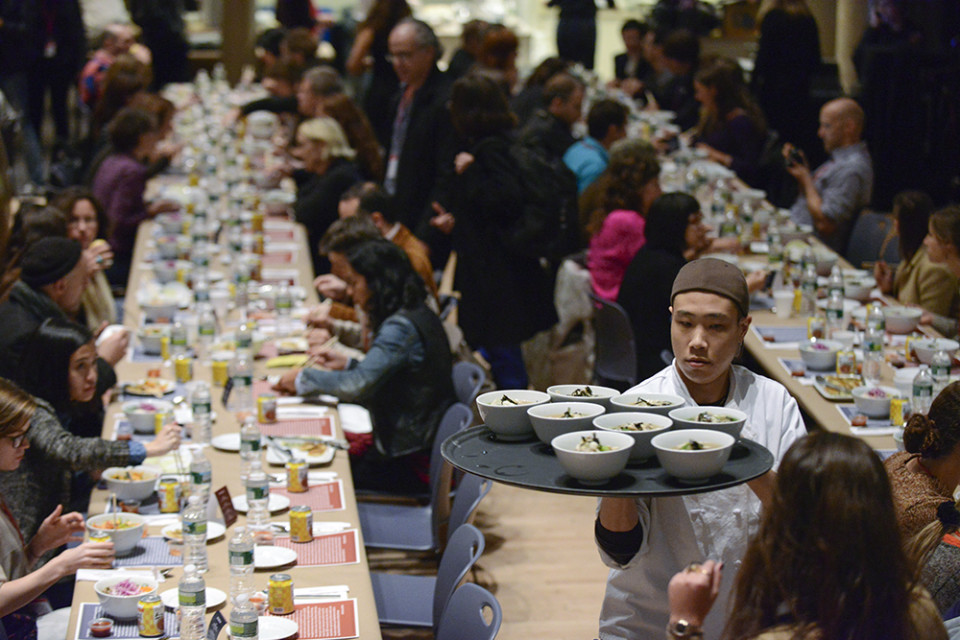I think that after 9/11, the destiny of the U.S. and Afghanistan became linked with each other to maintain security and deter any terrorist attacks to the U.S. The presence of the U.S. in Afghanistan is essential. The good thing for me is that the U.S. has overthrown the Taliban from power, giving women and children more freedom.
The U.S. presence is an occupation force supporting a government not considered legitimate by the majority of the population. As such, it has been a tragic mistake, costing thousands of lives and the general destruction of the country. Without a legitimate government, the lives of our people are caught between U.S./NATO forces, the Taliban and other terrorist organizations, local landlords, warlords, and drug lords.
I think you know perfectly well that, as a whole, people are not satisfied with the presence of U.S. army. They made too many mistakes and, as a result, after nine years of war, terrorism is not defeated yet. People doubt the reality of this war. Of course, after the Taliban falling, the ordinary people’s life changed in a good direction; however, these changes are more prominent in the lives of those Afghans who work in NGOs, UN organizations, or have private businesses.
For me there are lots of changes. I have a good job and income. I have access to new technology. I can improve myself day by day. But my concern is about the other people in my country. They are living in a dark situation, and they are killed by different military groups and don’t know how to survive or how to improve their economic situation.

